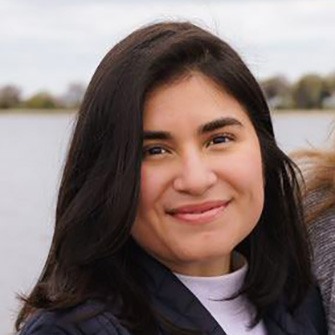Students
Learn more about the PhD students who have chosen Brown to continue their studies.
Students
Learn more about the PhD students who have chosen Brown to continue their studies.
2025-2026 Therapeutic Sciences PhD Students
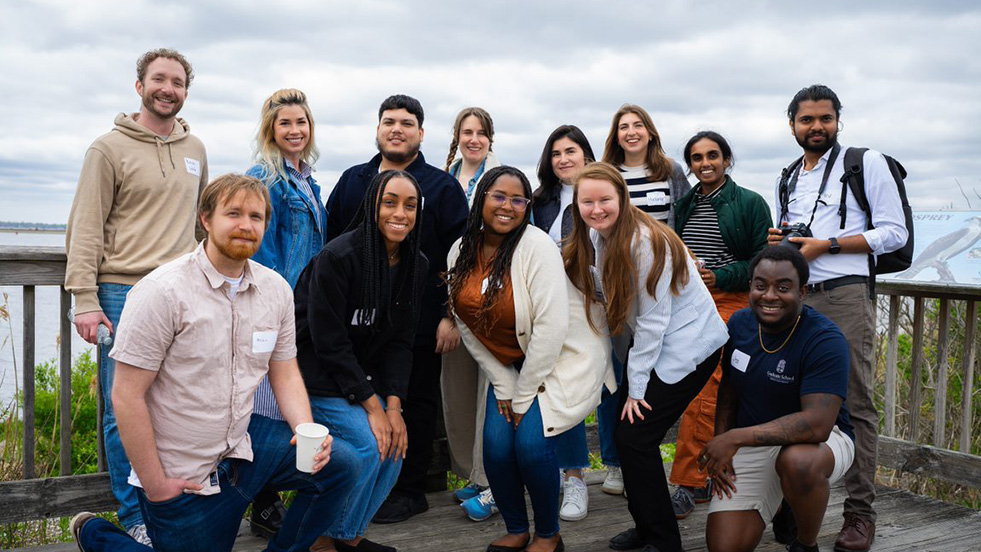
-

Alan Ardito
Kurtis LabI am working in the Kurtis lab with the mission to combat P. falciparum malaria. Malaria continues to be a leading global infectious disease, claiming the lives of over 1,000 children daily. Our research is focused on developing vaccines, small-molecule drugs, and monoclonal antibodies designed with novel targets in mind, such as PIGARP.
-

Aidan Biondi
Kurtis Lab -

Anna-Nicole Bosco
On Rotation -
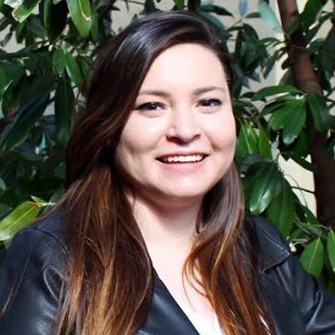
Olivya Caballero
Plavicki Lab -
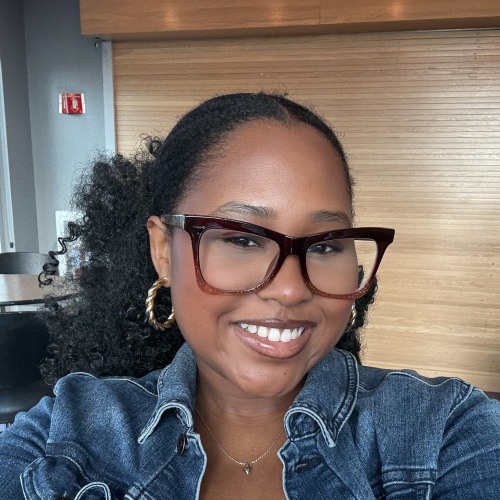
Jasmine Clark
Lawler LabI am currently investigating the effects of drugs on chemosensitivity and blood brain barrier permeability for treatment of Diffuse Intrinsic Pontine Glioma(DIPG). DIPG is a highly invasive pediatric brain tumor that affects children with a median age of 6-7 years old. There are currently no therapies that target invasion and a major obstacle for treatment is the blood brain barrier(BBB) which prevents the delivery of effective concentrations of drug into the brain. In the Lawler lab, we are working to provide a potential new therapeutic approach for the treatment of DIPG blocking invasion and enhancing drug delivery across the BBB.
-
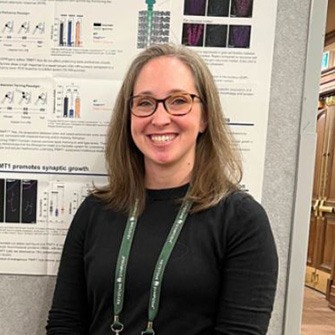
Jennifer Dumouchel
O'Connor-Giles LabMy research focuses on a newly identified regulator of synaptic growth and function, TRMT9B. I’m using genetic, transcriptomic and biochemical approaches in Drosophila to explore how TRMT9B promotes nervous system development and function, with a focus on its role in stress resistance.
-

Dennis Frazer
On Rotation -

Lillianna Hammons
Kurtis Lab -

Jean Jerome
Desai LabHigh-aspect-ratio nanoparticles (HARPs) exhibit an extraordinary ability to stimulate activation, proliferation, and death in various cell types. We aim to use this platform to fabricate functionalized poly(caprolactone) (PCL) nanowires to target and influence immune cell activity. In the Desai Lab, my research focuses on evaluating the versatility of this platform in conjunction with novel antibody therapies in an effort to impact the treatment of immune-related morbidities.
-

Lillian Kidd
Kizer LabCarbohydrates (glycans) are central to many biological processes, yet investigations into them have lagged behind those of other macromolecules. In the Kizer lab, we focus on the development of glycan-based tools to understand the role that complex carbohydrates play in human health and disease. My research specifically focuses on the rational design of heparan sulfate mimetics (HSMs) and studying their immunomodulatory effects. -

Katelyn Newton
On Rotation -
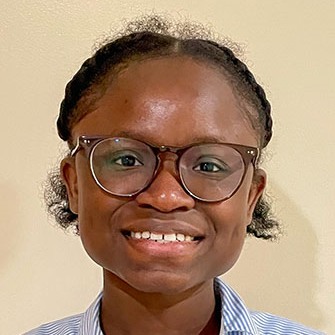
Carmelissa Norbrun
Zhou LabVascular remodeling is a prominent phenotype of Pulmonary Hypertension (PH), a deadly condition with unknown causes and no known treatment. Using in vivo models of pulmonary vascular disease, our lab has identified CHI3L1 and its receptors as major contributors of PH responses. My goal is to study the mechanisms that underlie vascular remodeling in PH and develop nanoparticle-based drug delivery systems against CHI3L1 and its receptors to treat vascular remodeling in PH.
-

Ege Onal
On Rotation -
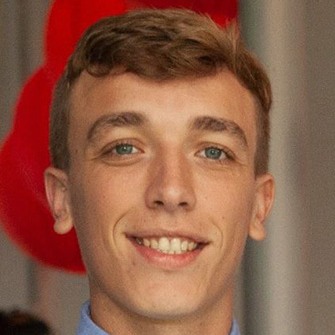
Tyler Owens
Taylor Lab -

Ryan Puterbaugh
Fawzi LabI engineer proteins to serve as genetically encoded fluorescent sensors for studying the physiology and pharmacology of the brain. My projects include developing a new generation of genetically encoded voltage sensors, neuropeptide and neurotransmitter sensors, and a protein based gene delivery system for studying neural networks.
-
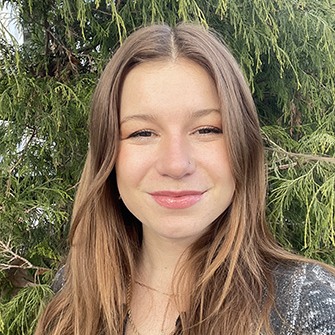
Jacqueline Real
On Rotation -

Oluwanifemi Shola
On Rotation -

Michelle Shub
Lawler Lab -
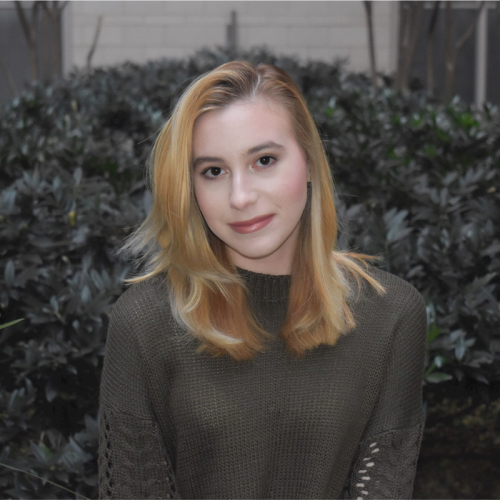
Shira Strongin
On Rotation -
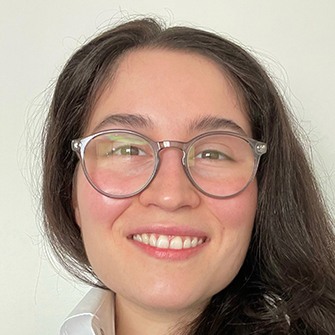
Esra Taner
Larschan Lab -
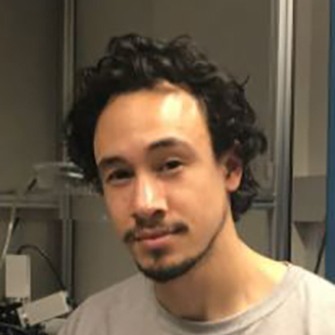
Carlos Toro
Aizenman LabAtypical sensory perception is common throughout neurodevelopment disorders (NDDs) and can negatively impact cognitive processes that rely on the integration of information from multiple sensory modalities. The focus of my research is to draw comparisons in visual circuit development, synaptic plasticity, and multi-sensory integration between normal and NDD conditions by probing nervous system function of Xenopus tadpoles using electrophysiology and in vivo imaging, which will help improve the current understanding of how abnormal circuitry arises in the context of NDD.
-

Isabel Varghese
Lisi Lab & Rubenstein Lab -
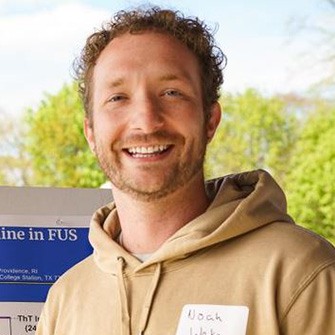
Noah Wake
Fawzi LabMy research focuses on understanding the role of Intrinsically Disordered Proteins in neurodegenerative diseases, and characterizing the structural and residue specific contributions to complex assemblies such as biomolecular condensates.
-

Dominique Walker
Cuomo LabThe Cuomo lab aims to identify mechanisms of virulence and drug resistance in human fungal pathogens by utilizing a variety of genomic approaches. My research focuses on understanding mechanisms of resistance in the multi drug resistant fungal pathogen, Candida auris. -

Laura Wu
Taylor LabI am working in Marty Taylor's lab focusing on molecular biology, biochemistry, and cancer biology. My research centers on the mechanistic biology of LINE-1 retrotransposons and how retroelements can be leveraged as a therapeutic tool.
